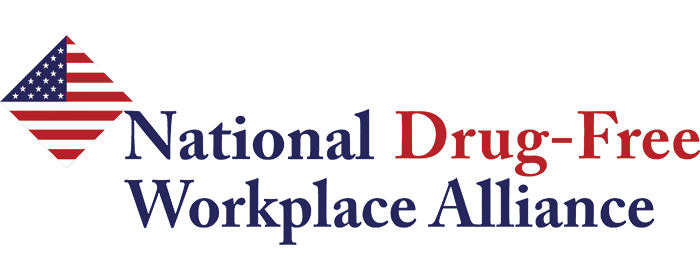CBS Small Business Pulse | Laurie Jo Miller Farr | September 17, 2017
Read more
Best Practices: Dealing with marijuana, opioid use
Tire Business | Miles Moore, Senior Washington Reporter | October 12, 2017
Read more
Nest Practices: Dealing with marijuana, opioid use
WASHINGTON — Marijuana and opioid use has been an acknowledged problem for many years in just about every industry, including tire retailing and auto service. However, sometimes the problem can become apparent in startling ways....Area businesses try to get ahead of Ohio marijuana issue

Dayton Daily News | Jim Otte | August 3, 2017
Read more
Area businesses try to get ahead of Ohio marijuana issue
With just over a year to go before medical marijuana becomes legally available in Ohio, employers are already updating their drug policies to cover workers on the job. Traditionally, company drug and alcohol policies...- 1
- 2




